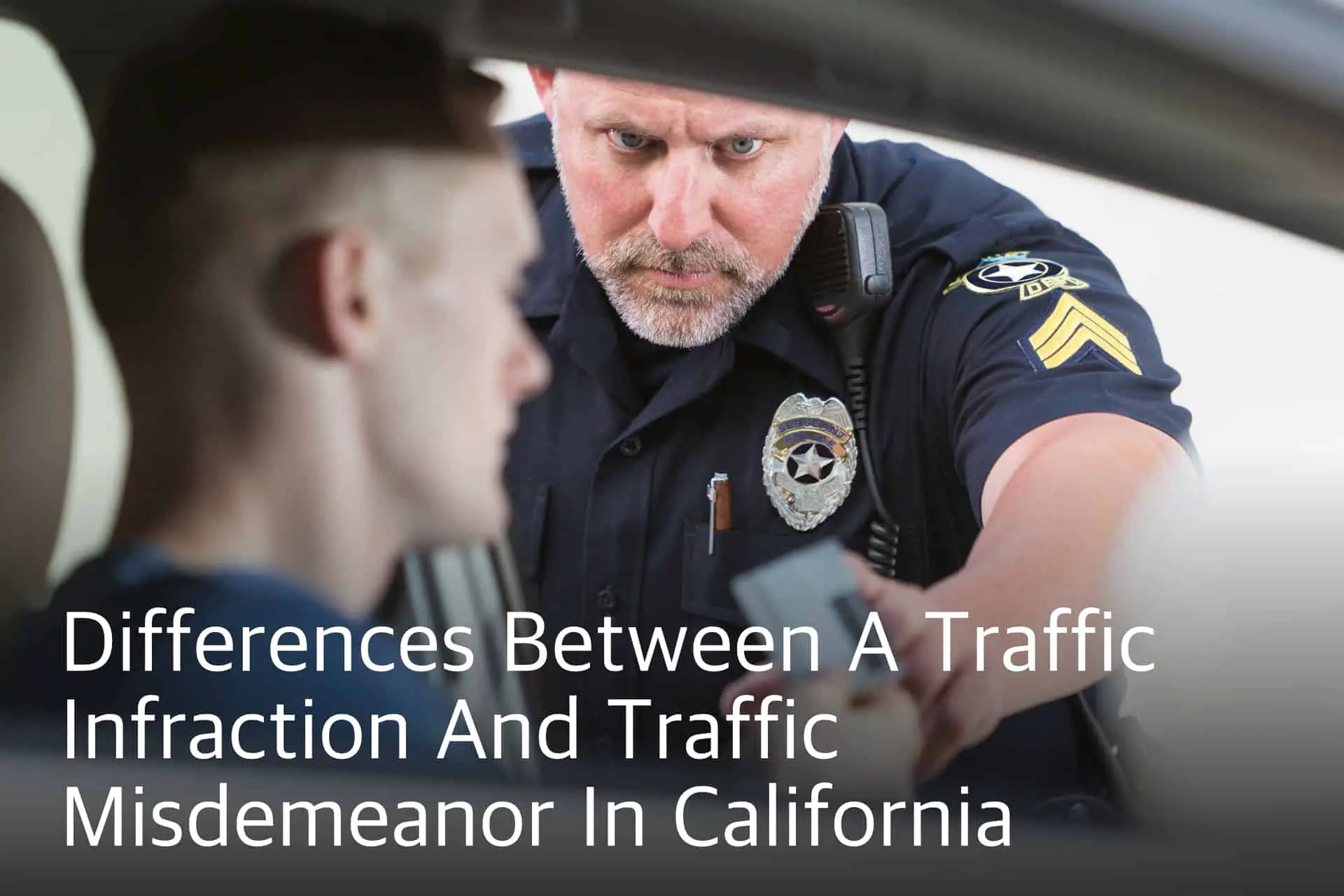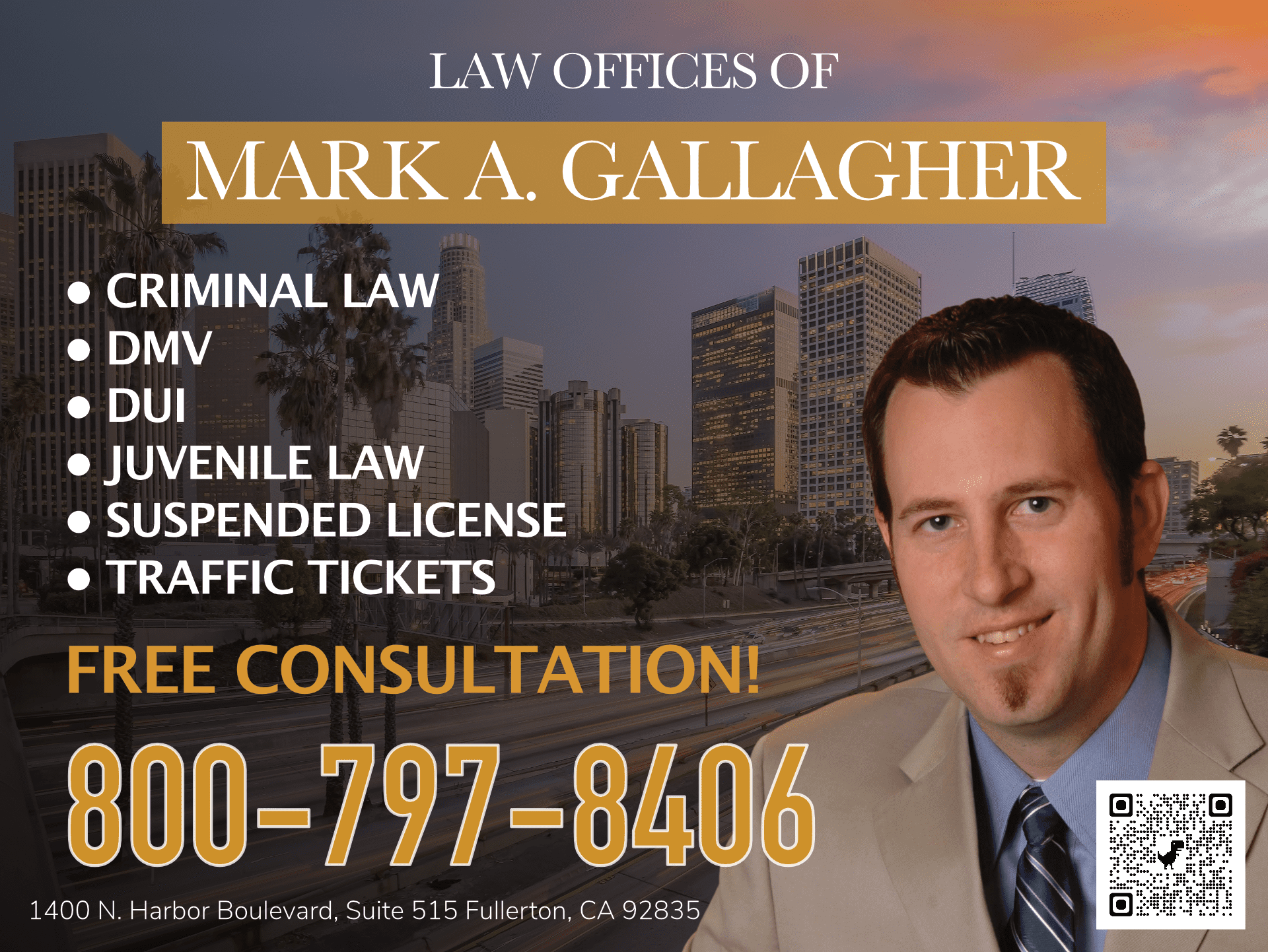If you have been arrested on suspicion of DUI, you soon become aware of two issues. One, you are charged with violating both VC 23152(a) and VC 23152(b). Second, two separate proceedings are initiated against you; one by the DMV and one by the criminal justice system. A logical question to be asked: does either scenario trigger a double jeopardy concern? As yet, the courts who have considered the matter have ruled that not to be the case.
Background
The double jeopardy clause, part of the 5th Amendment to the US Constitution, protects people from being prosecuted more than once for a single offense or receiving multiple punishments for the same offense.
23152 (a) and (b)
VC 23152(a) addresses driving while under the influence of alcohol and VC 23152(b) involves driving with a BAC in excess of 0.08. While it is factually true that a driver could be guilty of either count but not the other, in the vast majority of cases the prosecutor will charge both counts. If you enter a plea, typically one count is dismissed as part of the agreement, but if you go to trial, you are tried on both counts and can be convicted on both counts.
However, if you are convicted, you are punished on only one count not both. It is for this reason that the courts have held prosecution for both 23152(a) and 23152(b) for one incident does not violate the double jeopardy clause.
The DMV Hearing
One of the potential outcomes of the administrative per se hearing the DMV conducts after your arrest for suspicion of DUI is the loss of your driver’s license. As a license suspension, among other penalties, may result from the criminal prosecution resulting from your DUI arrest, aren’t you facing two punishments for the same incident? Again, the courts say no.
As your Los Angeles DUI attorney can explain, although the courts that have examined this issue conclude two separate punitive actions would trigger double jeopardy concerns, the administrative action, as opposed to the criminal action, is not punitive in nature. Although the very same result can occur to the individual, that is the loss of his or her license, the courts have concluded that the DMV’s administrative action is primarily remedial in nature, not punitive. The logic suggests it’s remedial in the sense that removing an unsafe driver from the roadways is a remedy to the problem presented by the proliferation of drunk driving.




